According to Decision 659 dated March 23 of the Prime Minister , the US Space Exploration Technologies Corporation (SpaceX), the provider of Starlink satellite internet service, has been allowed to conduct a controlled pilot deployment of telecommunications services using low-orbit satellite technology in Vietnam.
Specifically, SpaceX is allowed to pilot controlled investment in telecommunications services with network infrastructure, a type of satellite telecommunications network using low-orbit satellite technology in Vietnam on the principle of ensuring national defense and security, in which there is no limit on the percentage of share ownership, capital contribution or contribution ratio of foreign investors as prescribed in Resolution 193 dated February 19, 2025 of the National Assembly on piloting a number of special mechanisms and policies to create breakthroughs in science and technology development, innovation and national digital transformation.
Along with that, a pilot program will be launched to grant licenses to use radio frequencies and equipment to telecommunications service providers using low-orbit satellite technology, replacing the granting of licenses to use radio frequencies and equipment to terminal users, according to the provisions of Resolution 193 of the National Assembly .
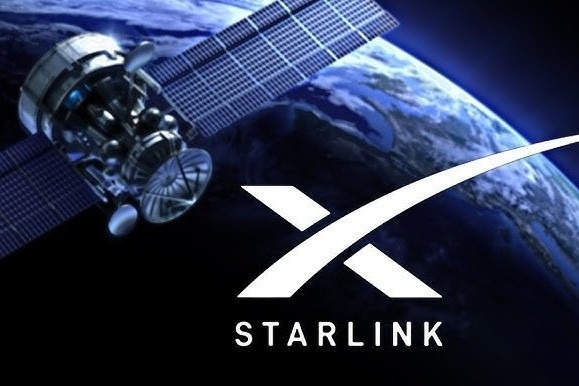 |
As a pilot organization, SpaceX is responsible for implementing the proposed contents in the Starlink Satellite Internet Service Investment and Provision Project in Vietnam. Illustration photo: Internet . |
The pilot implementation of telecommunications services using low-orbit satellite technology will be carried out within 5 years from the date the enterprise established by the pilot organization in Vietnam (referred to as the enterprise established in Vietnam) is granted a license to conduct telecommunications services, and must end before January 1, 2031.
The Prime Minister's Decision also clearly states the requirements and conditions that SpaceX and businesses established in Vietnam must commit to ensuring compliance with when implementing the pilot, including requirements on the type of telecommunications service deployed; scope of deployment; maximum number of subscribers; frequency of use and especially requirements to ensure national defense and security.
Accordingly, fixed satellite services (including Internet access services; leased line services for mobile transmitting and receiving stations) and mobile satellite services (including Internet access services at sea; Internet access services on airplanes) are the types of SpaceX telecommunications services that will be piloted in Vietnam nationwide.
The maximum number of SpaceX subscribers that will be piloted in Vietnam is 600,000, including the total number of telecommunications service subscribers of enterprises established in Vietnam and of telecommunications enterprises reselling services of enterprises established in Vietnam.
In addition, in Decision 659, the Prime Minister also specifically stipulates cases where pilot organizations and enterprises established in Vietnam will have to terminate the pilot and have their telecommunications service business licenses, radio frequency and equipment use licenses revoked.
The Prime Minister assigned the Ministry of Science and Technology to preside over and coordinate with the Ministry of National Defense and the Ministry of Public Security to develop a mechanism to monitor compliance with the law, requirements and conditions for pilot implementation; to grant, amend, supplement and revoke telecommunications service business licenses, and radio frequency and equipment use licenses for enterprises established in Vietnam in accordance with the law on telecommunications and radio frequencies.
The Ministry of Science and Technology is also responsible for guiding and inspecting the implementation of telecommunications service business activities during the pilot implementation process to ensure compliance with the provisions of the law on telecommunications, radio frequencies, contents of telecommunications service business licenses, radio frequency use licenses and regulations in Decision 659.
The Ministry of National Defense and the Ministry of Public Security are responsible for organizing the implementation of inspection and control measures for pilot implementation activities to ensure national defense and security.
Piloting low-altitude satellite Internet services with up to 100% foreign capital in the 2025-2030 period is one of the policies proposed in Resolution 193 passed by the National Assembly on February 19.
The drafting unit of Decree 193 said that the goal of this policy is to expand broadband Internet coverage, especially in remote areas and islands where terrestrial telecommunications infrastructure is limited, contributing to ensuring that all people have access to Internet services.
According to statistics, up to now, although Vietnam's mobile network covers 99.8% of the population, it only covers about 58% of the mainland area, 14.5% of the territory including the sea area; 83% of households have used fiber optic services, but there are still 17% of households that have not used it, including many households in remote areas.
Low-altitude satellite technology is mainly owned and deployed by a few foreign enterprises in the world, so it is necessary to allow foreign enterprises to provide low-altitude satellite telecommunications services in Vietnam. This will contribute to improving the image of Vietnam, attracting more investment from large technology corporations in the world.
Source: https://znews.vn/dich-vu-internet-ve-tinh-starlink-se-som-duoc-thi-diem-tai-viet-nam-post1540883.html



![[Photo] Prime Minister Pham Minh Chinh chairs the first meeting of the Central Steering Committee on housing policy and real estate market](https://vphoto.vietnam.vn/thumb/1200x675/vietnam/resource/IMAGE/2025/9/22/c0f42b88c6284975b4bcfcf5b17656e7)






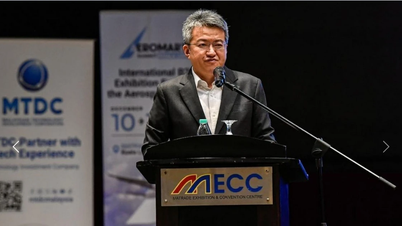















![[Photo] General Secretary To Lam presents the First Class Labor Medal to the Vietnam National Energy and Industry Group](https://vphoto.vietnam.vn/thumb/1200x675/vietnam/resource/IMAGE/2025/9/21/0ad2d50e1c274a55a3736500c5f262e5)






































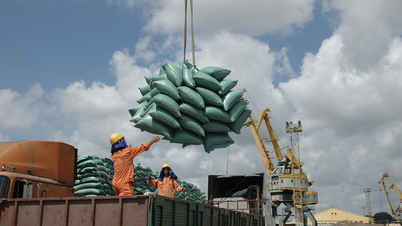







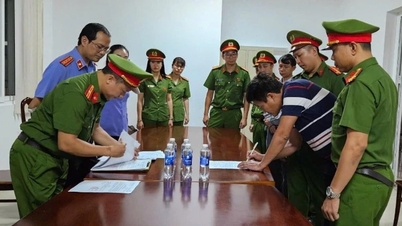





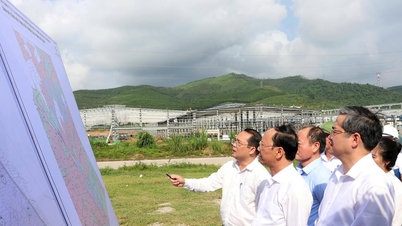














Comment (0)